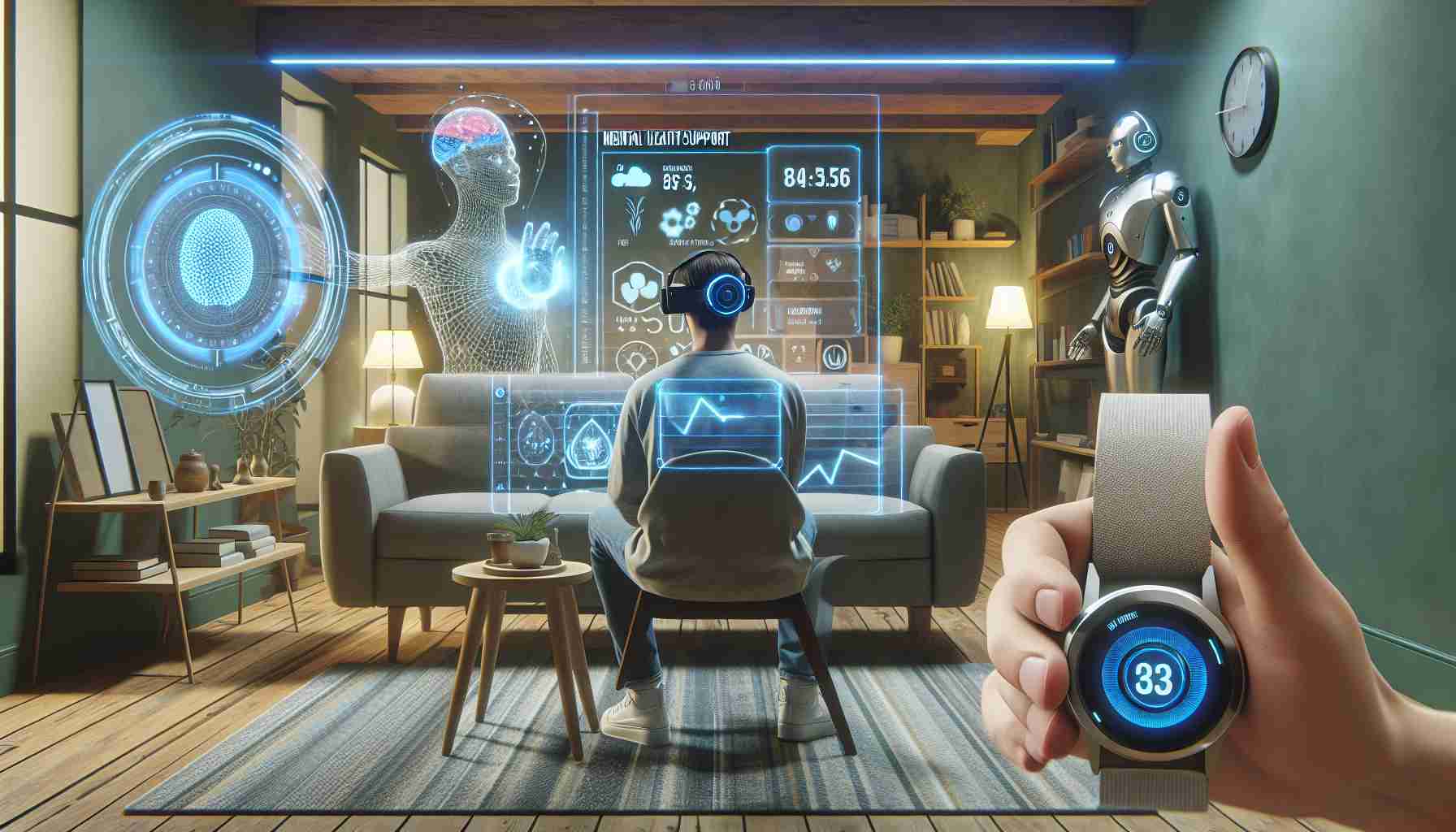A groundbreaking partnership between a leading online mental health service and a tech giant has transformed the landscape of therapy and psychiatry offerings. This innovative collaboration now provides individuals with seamless access to a wide range of mental health services through a familiar and widely-used platform.
This transformative initiative ushers in a new era of convenience and accessibility, making it easier for individuals to explore and leverage mental health resources that may be available to them through their existing insurance plans or employee benefits. The streamlined process simplifies the journey towards mental wellness, offering a range of options that cater to diverse preferences and needs.
With mental health concerns being increasingly prevalent in today’s society, this forward-thinking collaboration addresses a critical need for accessible and timely support. The integration of virtual therapy services enables individuals to connect with licensed professionals swiftly and engage in sessions through various mediums, ensuring flexibility and confidentiality.
Embracing this cutting-edge approach to mental health care, individuals now have the opportunity to embark on a path towards well-being with the support of technology-driven solutions.
Revolutionizing Mental Health Support Through Technology with New Insights
As technology continues to revolutionize the mental health landscape, it’s essential to delve into additional facets that highlight the transformative power of digital solutions in this critical domain.
What are the key challenges associated with the integration of technology in mental health support?
One of the primary challenges faced in revolutionizing mental health support through technology is ensuring data security and privacy. The sensitive nature of mental health information requires stringent measures to safeguard individuals’ confidentiality and protect against potential breaches.
Another crucial challenge lies in addressing the digital divide that may hinder access to technology-driven mental health services for marginalized populations. Disparities in internet connectivity, digital literacy, or access to devices can create barriers to individuals seeking support through these innovative channels.
What are the advantages and disadvantages of leveraging technology in mental health support?
Advantages:
– Enhanced accessibility: Technology enables individuals to access mental health services remotely, overcoming geographical barriers and increasing convenience.
– Personalization: Digital platforms offer tailored interventions based on individuals’ needs, preferences, and progress, optimizing the effectiveness of support services.
– Data-driven insights: Technology allows for the collection and analysis of data to improve diagnostic accuracy, treatment outcomes, and overall quality of mental health care.
Disadvantages:
– Digital dependency: Overreliance on technology for mental health support may diminish face-to-face interactions and human connection, potentially impacting the therapeutic relationship.
– Quality concerns: Ensuring the credibility and effectiveness of digital mental health interventions amidst a proliferation of apps and online services poses a quality assurance challenge.
– Ethical considerations: The use of artificial intelligence and data analytics in mental health raises ethical dilemmas regarding consent, autonomy, and the protection of vulnerable populations.
Addressing these intricate aspects of the intersection between technology and mental health is essential in harnessing the full potential of digital innovations to support individuals’ well-being.
For further insights on the evolution of mental health support through technology, visit Psychology Today.
